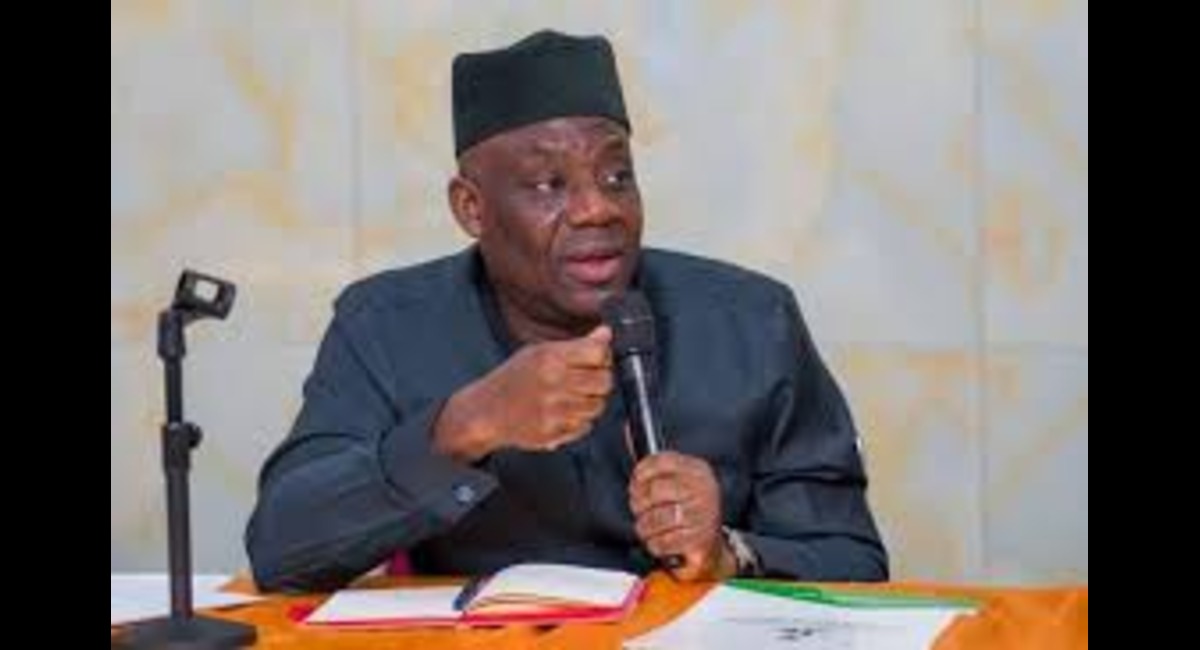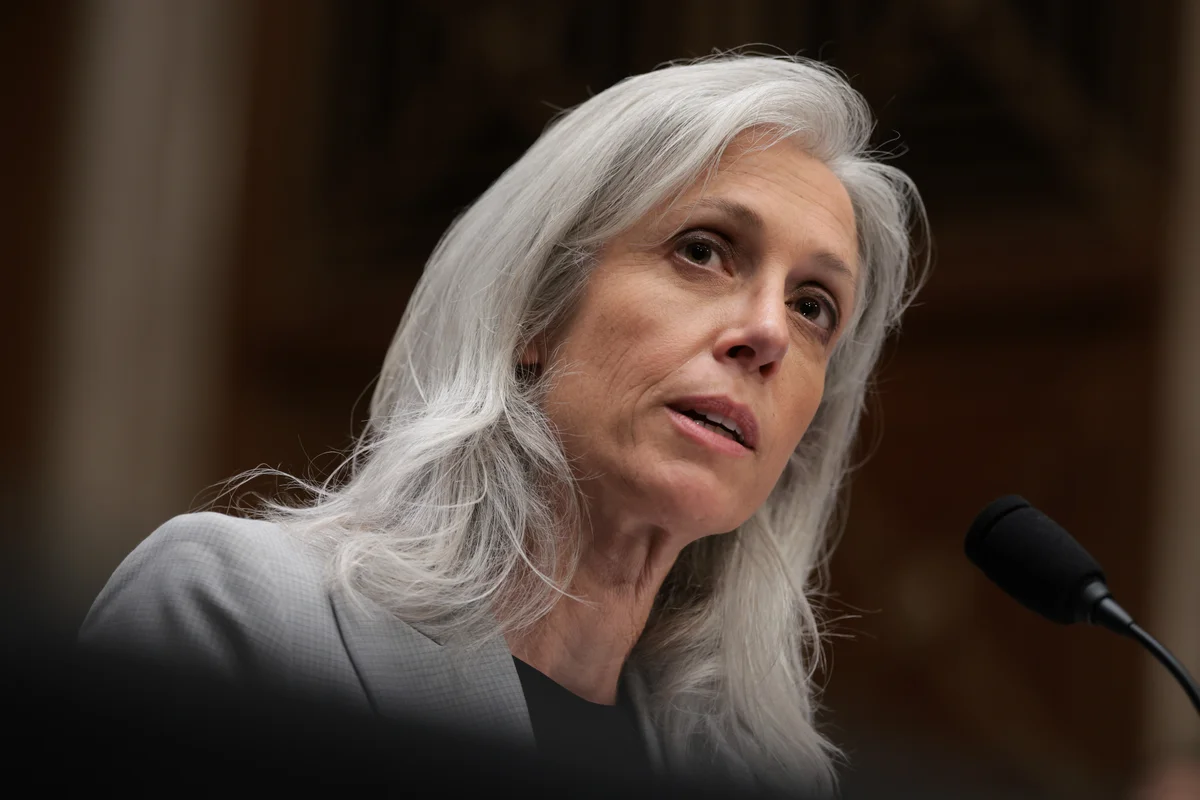By Tribune Online
Copyright tribuneonlineng

By: Eniola Shobiye
The Federal Ministry of Education has announced a sweeping reform of Nigeria’s technical education curriculum, aimed at preparing young people for future jobs and aligning the country’s skills development with global standards.
This was made known in a press release via the ministry’s Official X (formerly Twitter) handle.
Unveiling the initiative in Abuja recently, the Minister of Education, Dr Maruf Tunji Alausa, alongside the Minister of State for Education, Professor Suwaiba Sa’id Ahmad, revealed that the reforms are designed to reduce overload, build strong trade competencies, align with global standards, and prepare young Nigerians for the jobs of the future.
According to the ministry: “under the new structure, all Federal Science and Technical Colleges (FSTCs) will run a curriculum from the 2025/2026 academic year that combines general education with specialised trade competencies.
“Each of these colleges will offer a minimum of six and a maximum of ten trade courses from which students will take between nine and ten subjects. They will comprise one trade course, five or six core subjects such as Mathematics, English Language, physics, chemistry, biology, and citizenship and heritage studies, including two or three trade-related subjects and one elective.
“A total of 26 streamlined trade areas have been introduced and modernised, reflecting industry needs. These include Solar PV Installation and Maintenance, Fashion Design and Garment Making, Computer Hardware and GSM Repair, Livestock Farming, Beauty Therapy and Cosmetology, Creative Media, Social Media Content Creation and Management, Leather Works, and others.”
ALSO READ: Tinubu orders Fubara’s return, suspends emergency rule in Rivers
The ministry also stated that the reform is aimed at ensuring that students develop strong civic values alongside technical training as it sees to the introduction of citizenship and heritage studies, which combines Nigerian history, civic education, and social studies into the curriculum.
Dr Alausa emphasised that the reform is in line with President Bola Ahmed Tinubu’s Renewed Hope Agenda, which targets growing Nigeria’s economy to one trillion dollars by 2030.
“The new curriculum will better position students to compete in the global economy, ensuring they are gainfully employed and contribute meaningfully to national development.” he said.
The ministry assured schools, parents, and students of a smooth transition, promising full support for the implementation of the new curriculum.



